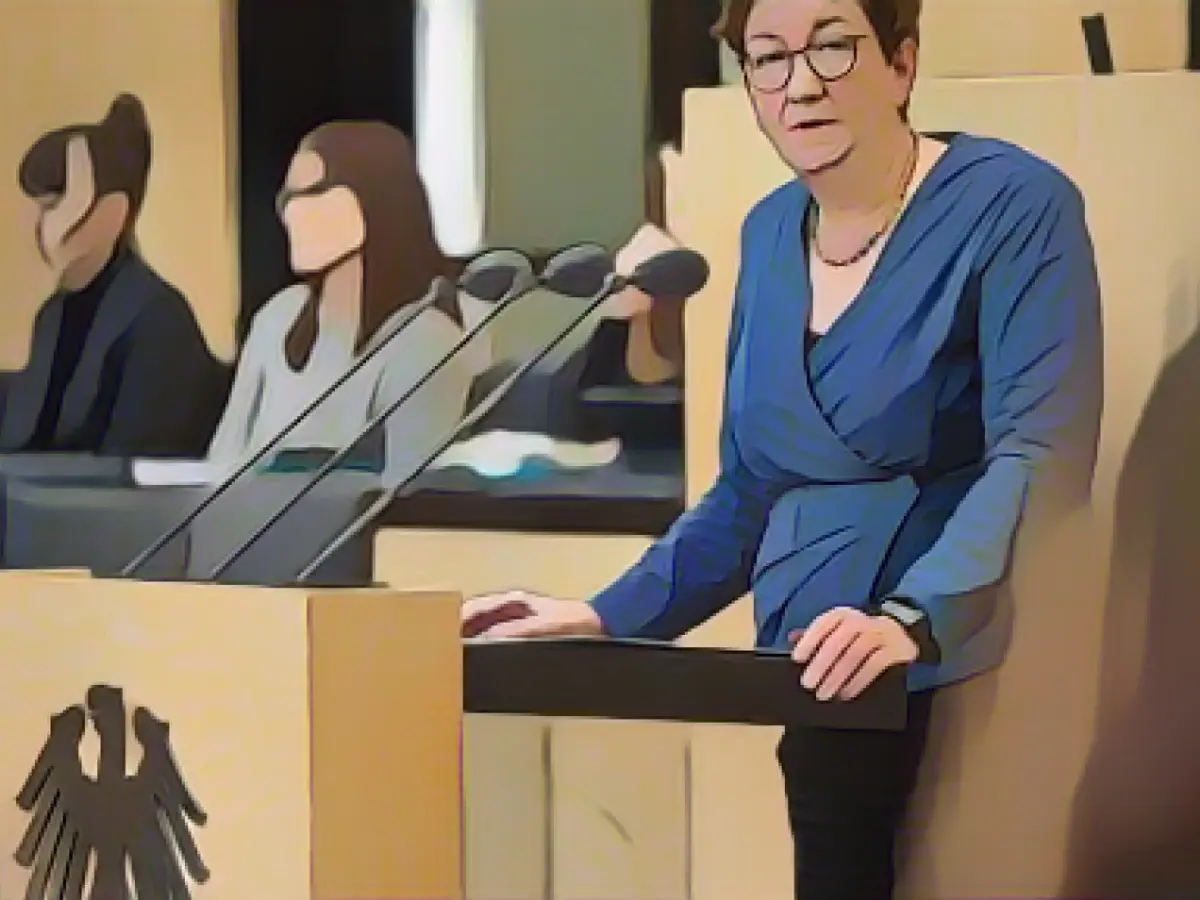Energy - Federal Council votes in favor of law on heat planning in municipalities
The Bundesrat has approved the law on municipal heat planning. A motion by Bavaria to appeal to the mediation committee did not receive a majority. In a motion for a resolution, the federal states demanded more money from the federal government for heat planning in cities and municipalities. The funds provided to date were not sufficient. The Association of Cities and Towns warned of a delay in heat planning and called for corresponding legislation at state level.
The Bundestag has already passed the law on municipal heating planning. It supplements the Heating Act and is due to come into force at the same time as the latter on January 1, 2024. Large cities are to draw up heating plans by the end of June 2026, smaller cities and municipalities with fewer than 100,000 inhabitants by the end of June 2028.
Only once a municipality has a heating plan will homeowners have to ensure that their new heating system is powered by at least 65% renewable energy when it is installed. The new heating law will initially apply to new buildings within new development areas from 2024.
Geywitz wants clarity for homeowners
Federal Building Minister Klara Geywitz (SPD) said in the Bundesrat that homeowners must make the most economical decision if their heating breaks down one day and they have to buy a new one. To do this, they need clarity as to whether they will be connected to a central district heating network or a local heating network in the next few years or whether they should look for their own decentralized solutions - such as a heat pump.
Geywitz said that the draft law does not contain any obligation to connect and use heating networks. The federal government is supporting the municipalities' heat planning with 500 million euros. Baden-Württemberg's Environment Minister Thekla Walker (Greens) said that federal funding must be made permanent and expanded.
Criticism of the law from Bavaria
In a motion, Bavaria had demanded that the Bundesrat call upon the Mediation Committee on the Heat Planning Act in order to "repeal the German Bundestag's legislative resolution". The motion states that the law imposes a considerable number and significant amount of additional tasks on the federal states and, as a result, on local authorities - without the federal government even beginning to compensate for the additional financial burden this entails or even making any concrete commitments in this regard.
The German Association of Cities and Towns is calling on the federal states to transpose this into state law quickly. "It is not enough for there to be a heat planning law at federal level. Only when the state laws are in place will the cities be able to collect data on the building stock or existing heating networks," Managing Director Helmut Dedy told the German Press Agency. This is the first step for any municipal heat planning.
"Unfortunately, we are receiving signals that the federal states may take the unresolved issues regarding the federal budget as an opportunity to wait with the necessary state laws on heat planning," said Dedy. However, the deadlines for municipalities to draw up a heat plan in the Heat Planning Act are already tight and without any buffer.
Read also:
- Why there is still no EU funding for green Saar steel
- 3 billion Saar Fund is unconstitutional
- The chemical industry has little confidence
- Politicians at a loss after shock news
- The Mediation Committee could potentially get involved if Bavaria decides to challenge the heat planning law further in the Federation Council.
- The energy source for many homes in cities and municipalities will significantly shift towards renewable energy sources due to the heat planning law.
- The real estate market in Germany may see changes as homeowners prepare for the implementation of the new heating law, particularly in the large cities.
- The Climate Protections Programme started by the German government encourages the transition to more sustainable heating systems, aligning with the heat planning act.
- Germany is not only focusing on electricity and gas but also on district heating networks as part of its comprehensive energy and climate strategy.
- City dwellers and homeowners alike will need to understand the implications of the heat planning act and its impact on their home heating arrangements.
- A variety of Countries across Europe are also following suit with their own heat planning acts, recognizing the importance of addressing climate change and energy efficiency.
- The Heat Planning Act extends the mandate for creating heating plans to include municipalities with fewer than 100,000 inhabitants, allowing for more comprehensive and equitable energy management.
- The challenge of heat planning extends beyond just Germany; Bavaria and other countries aim to establish effective mechanisms for managing their energy infrastructure to limit climate change impacts.
- The Federal Council and Bundestag must carefully consider the feedback from various stakeholders, including consumer groups, to ensure the implementation of the heat planning act is smooth and fair.
- Federal Minister Klara Geywitz's call for clarity for homeowners emphasizes the need for increased transparency and communication regarding the energy transformation and its implications on individual households.
Source: www.stern.de








